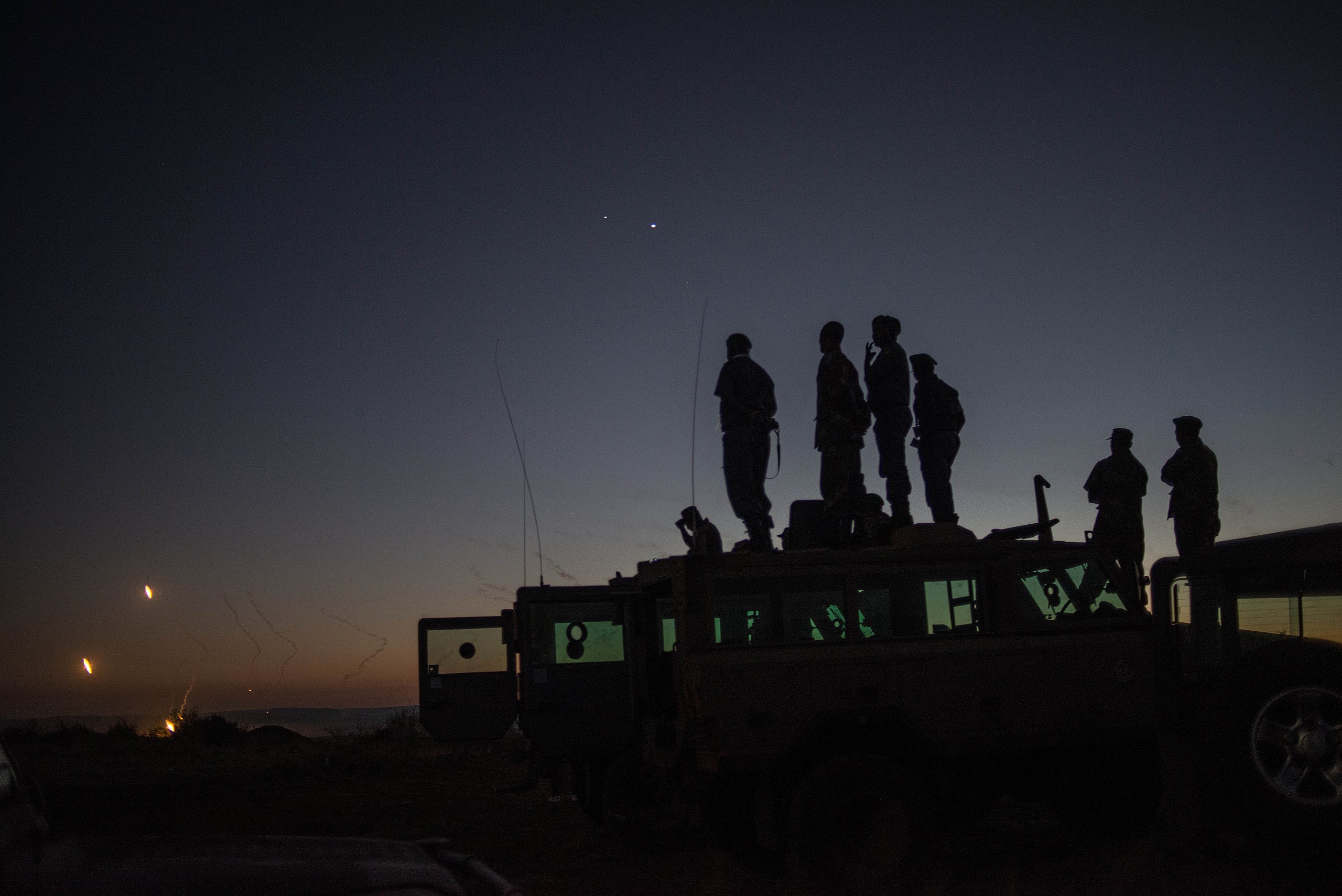In a world of conflicts and tensions, promoting global peace and security is essential for general well-being. This blog examines various aspects of peace development, from conflict prevention to food security, to peacebuilding and disarmament.
Armed Conflicts: Armed conflicts tear societies apart and hinder development. Understanding their causes and consequences is crucial for finding sustainable solutions and working towards peace.
Conflict Prevention: Preventing conflicts is often more effective than resolving them. By identifying tensions and risk factors early on, we can proactively intervene to defuse crises and promote stability.
Peacebuilding: The collective engagement of stakeholders is paramount in the intricate process of peacebuilding. This endeavor entails fostering environments that nurture peaceful coexistence, facilitate reconciliation, and facilitate the reconstruction of societies fractured by conflict.
Food Security: The vital connection between food security and peace cannot be overstated. In regions affected by armed conflicts, disruptions to food systems escalate food insecurity, deepening the risk of instability. Upholding access to an ample food supply is not only a humanitarian imperative but also a strategic necessity in mitigating tensions and fostering enduring peace.
Disarmament Initiatives: Disarmament stands as a fundamental pillar in fostering peace and bolstering security globally. Through concerted efforts to reduce the spread of weapons and promote dialogue, we pave the way for a safer and more collaborative international landscape.
The development of global peace and security is essential for human progress. By addressing armed conflicts, promoting conflict prevention, ensuring food security, and supporting disarmament initiatives, we can contribute to building a more peaceful and prosperous future for all.
